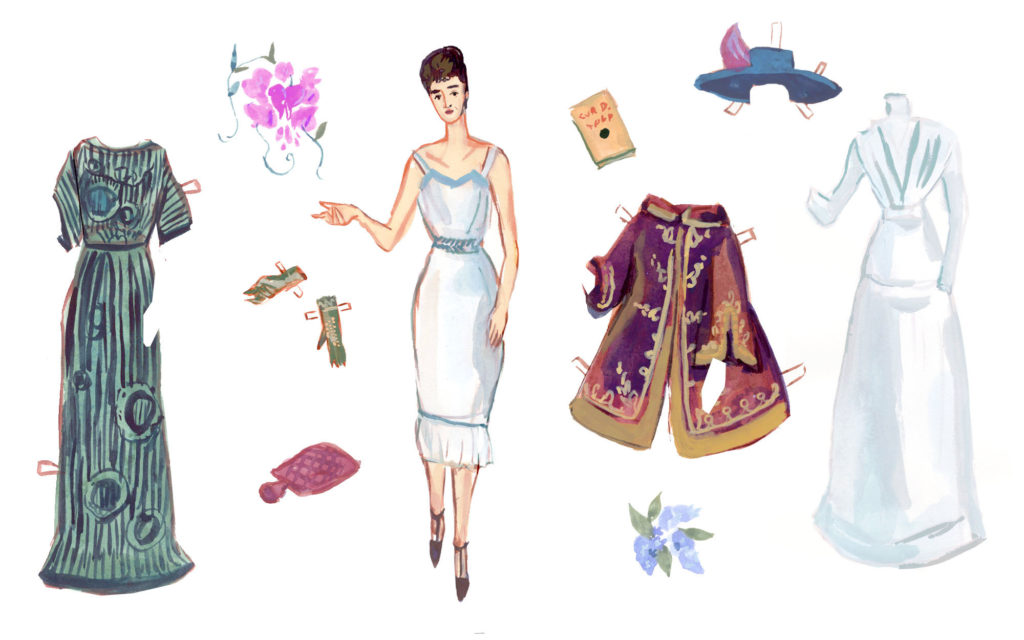We’re away until January 4, but we’re reposting some of our favorite pieces from 2020. Enjoy your holiday!
There is a sound made by a room full of people at a party. It’s a radio between stations with a stretch and pop and one voice coming into focus and certain stories turning up like bingo balls from the collective burble. I love this sound.
I throw parties for The Paris Review. That’s not what it says on my business card, and I certainly have other duties, but this is one of them. There are equations for judging provisions for a party. The average person drinks x number of drinks, times x number of people divided by glasses in a bottle, bottles in a case, et cetera, et cetera. I sometimes use these equations. I sometimes consult my old receipts, my faithful notes, but there is no keener pleasure or sharper anxiety than standing at the wine shop, bottles of merlot, burgundy, Côtes du Rhône, and Beaujolais in every direction, while trying to picture the crowd, the party, the temperature that day, and the humidity, what they will be wearing, the news that might buoy or sadden them—the mood of three hundred people who, not all at once, but over the course of the night, will be drinking this wine and think—no—feel, the two cases of white (the Sancerre), two of red (the Médoc), a half case of the crémant.
from The Paris Review https://ift.tt/3aFQr5t

Comments
Post a Comment